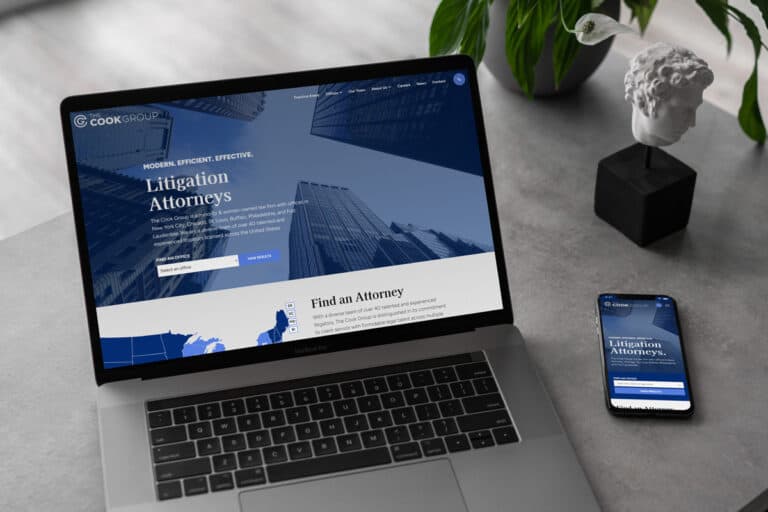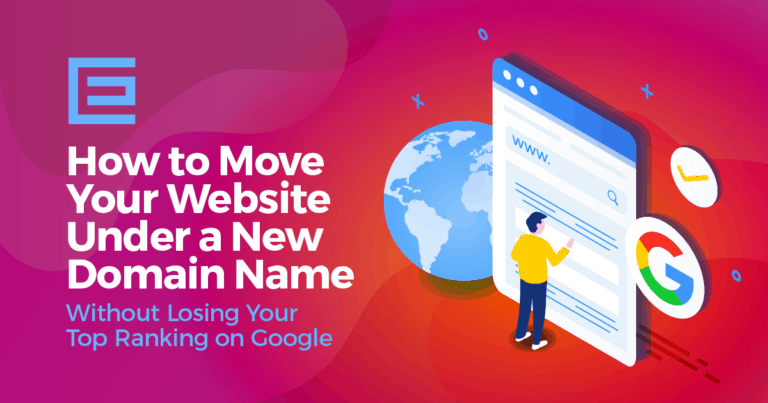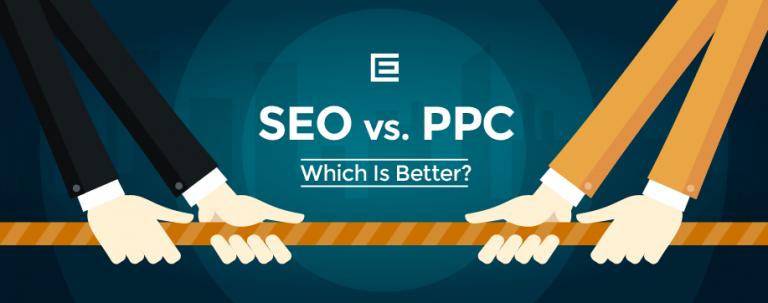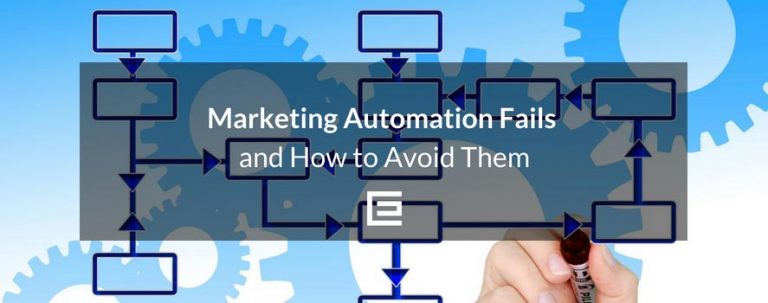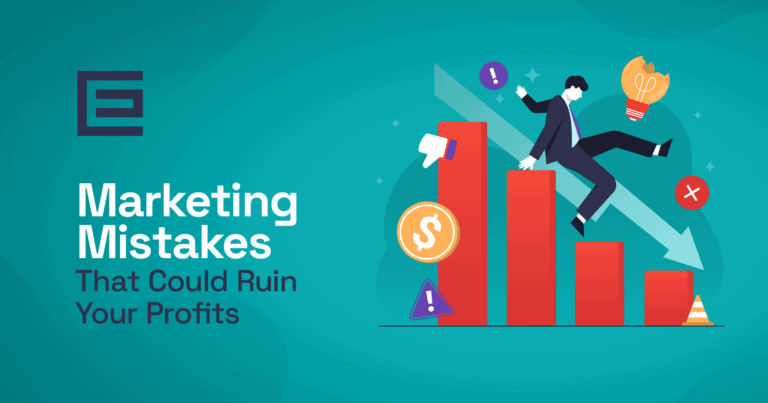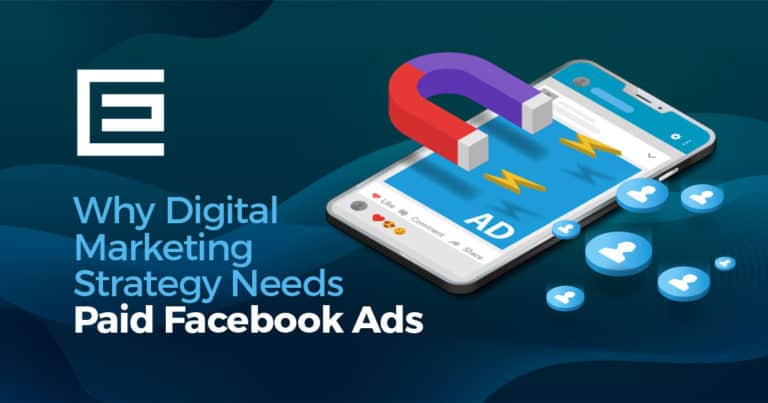The Impact of Landing Pages on PPC
As an advertiser, pay-per-click (PPC) can play a huge role in the success of your online marketing, especially in highly competitive markets. But without targeted landing pages, you could be wasting your PPC budget and missing out on conversions.Cost per conversion
An appropriately structured PPC campaign with targeted landing pages can have a significant impact on the cost per conversion (the ratio between the number of people who viewed the ad and the number of people who fulfilled the objective of the campaign – subscribing, purchasing, etc). In fact, using targeted landing pages with the right campaign structure, we were able to reduce the cost per conversion for a regional retail client from over $650/conversion to under $70/conversion.See how we decreased PPC conversion costs by hundreds for a regional trailer sales company.
Read the Case StudyCost per click
Just like with organic SEO, you want to get the ad copy and landing page as close to the user’s search query as possible. For instance, if the topic of your ad’s landing page is “Raleigh Divorce Lawyer,” and a user searches “Raleigh Divorce Attorney,” you have less chance of your ad showing up and may spend more on cost per click (the actual price you pay when someone clicks on your PPC advertisement) when it does.Ad position
One of the key factors of PPC is your Quality Score – a metric that relies in large part on the relevancy or quality of your landing pages, and not the size of your budget. Add to that Google’s recent update of removing side bar ads on the search engine page results (SERPs), and maintaining a high Quality Score becomes even more essential. Targeted landing pages with relevant content can drastically improve your Quality Score.User experience
PPC landing pages affect more than cost. A landing page that’s relevant to the user’s query (keyword) not only optimizes your PPC cost to help you spend less, but it will also lead to a better user experience (going back to our coffee specials example).What Makes a Good PPC Landing Page?
The three top tips to creating a successful PPC landing page are:1. One topic
Your landing page should be centered around a single subject that directly relates to your PPC ad. Advertising car insurance? Create a landing page specifically around car insurance – don’t flood the page with information about home or life insurance. Remember, users who interact with PPC ads are further along in the buyer journey, meaning they are closer to being ready to take action. So tailor the content of your landing page accordingly.2. Clear call to action
What is the goal of your ad? Is it to get people to sign up for emails, subscribe to a service, or make a purchase? Whatever the goal of your ad is, your landing page should make it clear what the user needs to do and how to do it. If it’s not clear to the user what the next step is, they will likely hit the “Back” button in a heartbeat.3. No distractions
A landing page serves a different purpose than other pages on your website, and so it should be designed differently. A typical web page may have a side bar or a full header with multiple navigation options. A landing page should be simple, direct, and keep the user as honed in on the offer as possible, making things like side bars an unnecessary distraction. Learn more about the anatomy of a landing page in our article, “What is a Landing Page?”Examples of PPC Landing Pages
Let’s take a look at companies who have applied these three best practices to their landing pages. Auto insurance is a competitive industry where PPC plays a big role, so we searched “car insurance” for this example.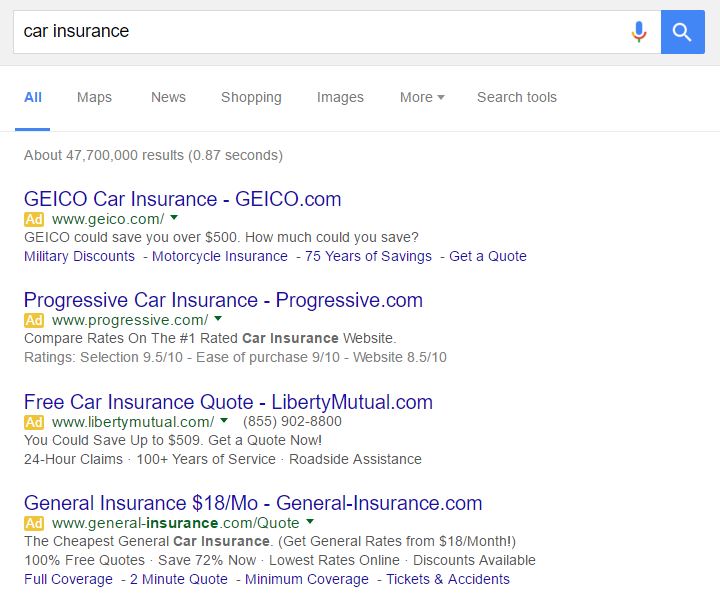
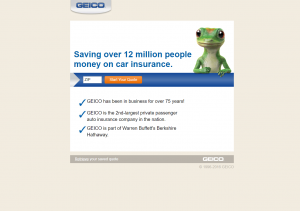
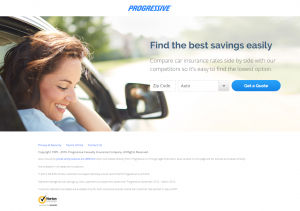
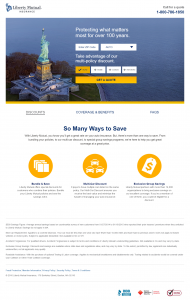
Determining Keywords for Your Landing Pages
When deciding how to target your landing pages, a good place to start is by looking your main products/services. Each product/service you’re advertising should have its own designated landing page. You can also use the Keyword Planner Tool to see which phrases are commonly searched and prioritize which landing pages will be most profitable to create. Using a divorce attorney as an example, here’s a basic outline of how AdWords should be structured using targeted landing pages and the most searched keywords:| Campaign | AdGroup | Landing Page |
| Divorce | Divorce Lawyer Divorce Attorney Divorce Law Firm | www.website.com/divorce-lawyer www.website.com/divorce-attorney www.website.com/divorce-law-firm |
Pro-Tip: Automate landing page selection with Dynamic Ad Targets
For websites with a large number of landing pages, such as an ecommerce website with multiple products and categories, AdWords has a nifty feature to automate which landing page Google sends a user to. The Dynamic Ad Target feature automatically selects the landing page that closest fits the user’s search query, improving your Quality Score and making the most of your budget.The moral of the story: Target your PPC landing pages
Using the right landing pages can lead to lower cost-per-click, lower cost-per-conversion, lower bounce rate, and so much more, and that all leads to improved business! Keeping these tips in mind when organizing your campaigns and creating targeted landing pages can help improve the success of your paid search strategy.Would you like some help with your landing pages? Our PPC marketing experts are here to help! Give us a call at 919-341-8901 or contact us online today.
Tags: Digital Marketing • Paid Search Marketing • Questions & Answers
